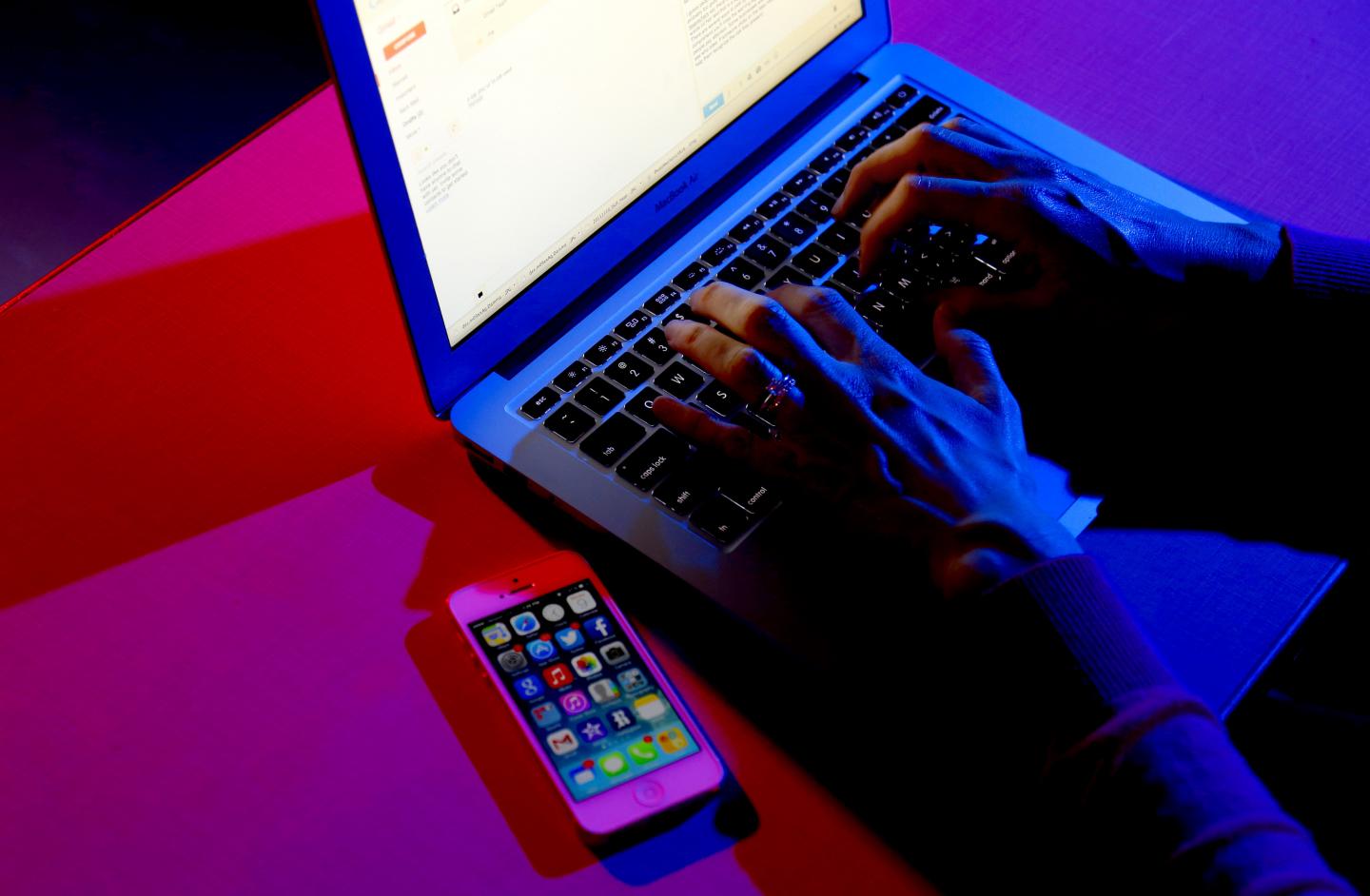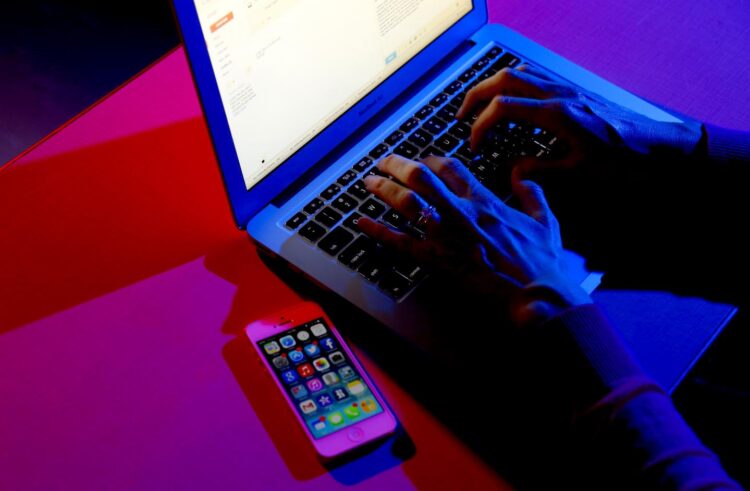
Credit: Iowa State University
AMES, Iowa – Parents would never give their children the keys to the car without supervised training and driver’s education. An Iowa State University researcher says parents and educators need to take a similar approach before handing children a keyboard to access the digital world.
ISU psychology professor Douglas Gentile worked with the DQ (Digital Intelligence) Institute, an international think tank, to design a framework for digital literacy education. In a commentary, published by the journal Nature Human Behaviour, Gentile and his colleagues outlined how the COVID-19 pandemic has accelerated the need to implement this global standard for digital literacy.
“Children are exposed to various risks online, and COVID increases the odds because now they’re online more than ever,” Gentile said. “If children haven’t had the training to know what to look out for, they’re perhaps subject to more risks.”
Gentile and colleagues Joshua Jackman, assistant professor with Sungkyunkwan University in South Korea; Nam-Joon Cho, professor with Nanyang Technological University in Singapore; and Yuhyun Park, founder of the DQ Institute, examined the responses of more than 145,000 children and adolescents from 30 countries, finding that 60% were exposed to cyber risks such as cyberbullying, gaming disorder and violence. Gentile says the results show this is a universal problem that needs a global solution.
Despite extensive efforts to create digital skills programming, the researchers wrote that the impact has been limited because a common framework did not exist and there was weak coordination between programs. In response, the Institute of Electrical and Electronics Engineers (IEEE) Standards Association last fall approved the DQ framework as the standard for digital education. The DQ framework focuses on digital skills education across eight competencies, including identity, use, safety, security, emotional intelligence, literacy, communication and rights.
Gentile says approval of the framework is just a first step toward getting digital literacy education in K-12 classrooms. He says it is imperative that students have the tools to become savvy digital consumers, especially with the growing number of risks and misinformation online.
“If anyone can post information online, whether it’s true or false, we need to give consumers the skills to detect it and guard against it,” Gentile said. “Digital literacy will not eliminate the risks online, but it will develop good digital citizens who have the skills to work within the system so they can gain the benefits, without the harms that the risks might pose.”
1 Billion Digital Skills Project
Gentile and his colleagues are calling on academic researchers, educators and others to join the efforts of the Coalition for Digital Intelligence (see sidebar for partners) to support the 1 Billion Digital Skills Project. As the name suggests, the project aims to equip one billion people, primarily K-12 students, teachers and parents, with digital skills within 10 years. The coalition is working to achieve the following objectives:
- Build a global network to develop/implement digital skills education and training.
- Develop a certification system to evaluate digital skills programs.
- Develop microbadge credits students can earn to incentivize learning.
- Create an online assessment platform to measure digital skills.
- Support ongoing improvement of DQ standards and evaluation of educational programs.
Gentile says achieving these objectives will require state and federal investment to train K-12 teachers and provide programming in schools. The return on the investment is twofold, he said. The training will not only protect children from online risks, but help prepare the future workforce.
“More and more jobs include an online component,” Gentile said. “If we train people to be good digital citizens, we’d likely have fewer breaches in corporate America. There is a financial incentive to put resources into our schools to provide this training.”
Coalition for Digital Intelligence
The Coalition for Digital Intelligence is working to implement the digital intelligence framework across the technology and education sectors, making sure that both work together toward universal digital intelligence. Coalition partners include:
- DQ Institute
- Organisation for Economic Cooperation and Development (OECD)
- IEEE Standards Association
- World Economic Forum
###
Media Contact
Douglas Gentile
[email protected]
Original Source
https:/
Related Journal Article
http://dx.





